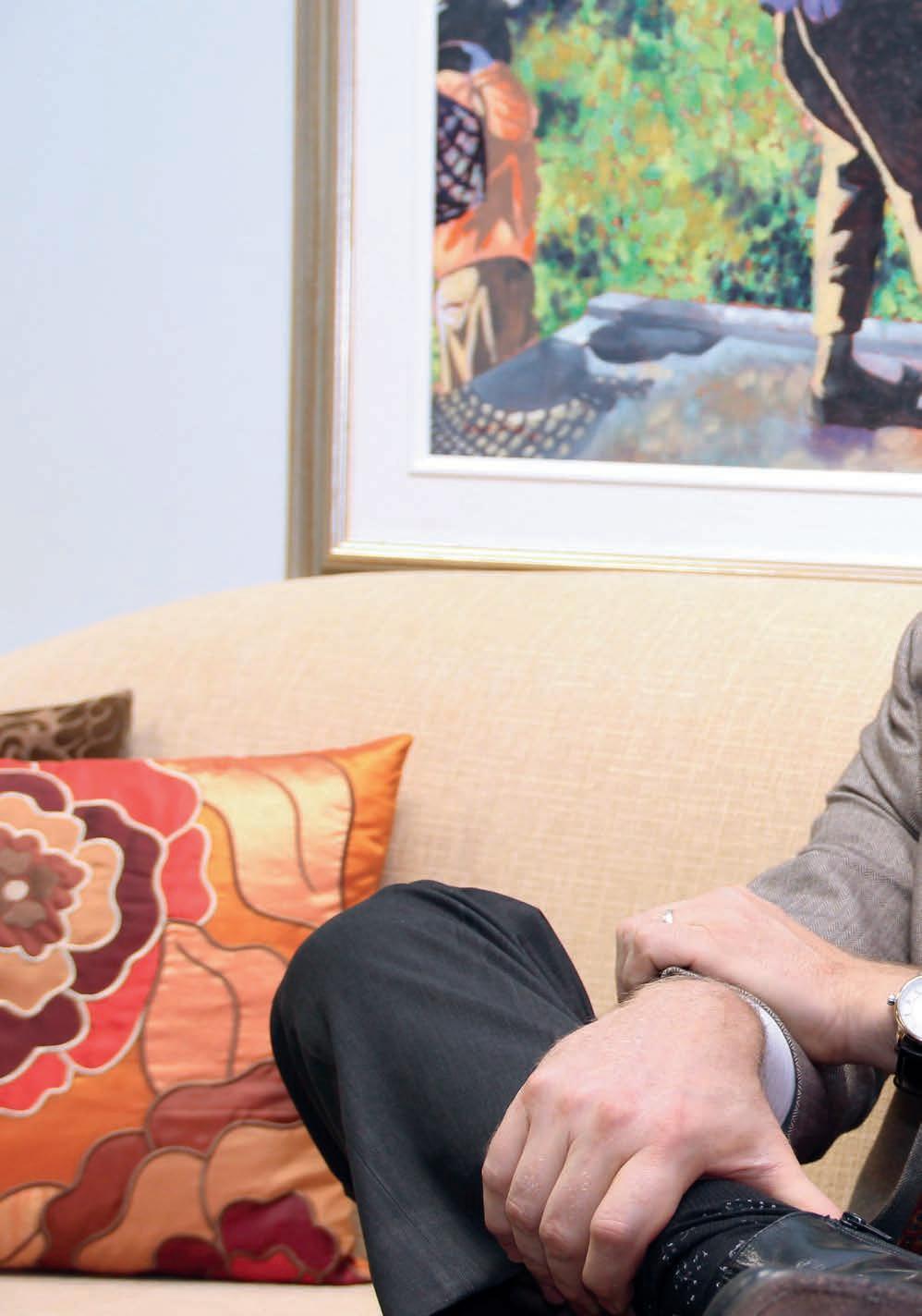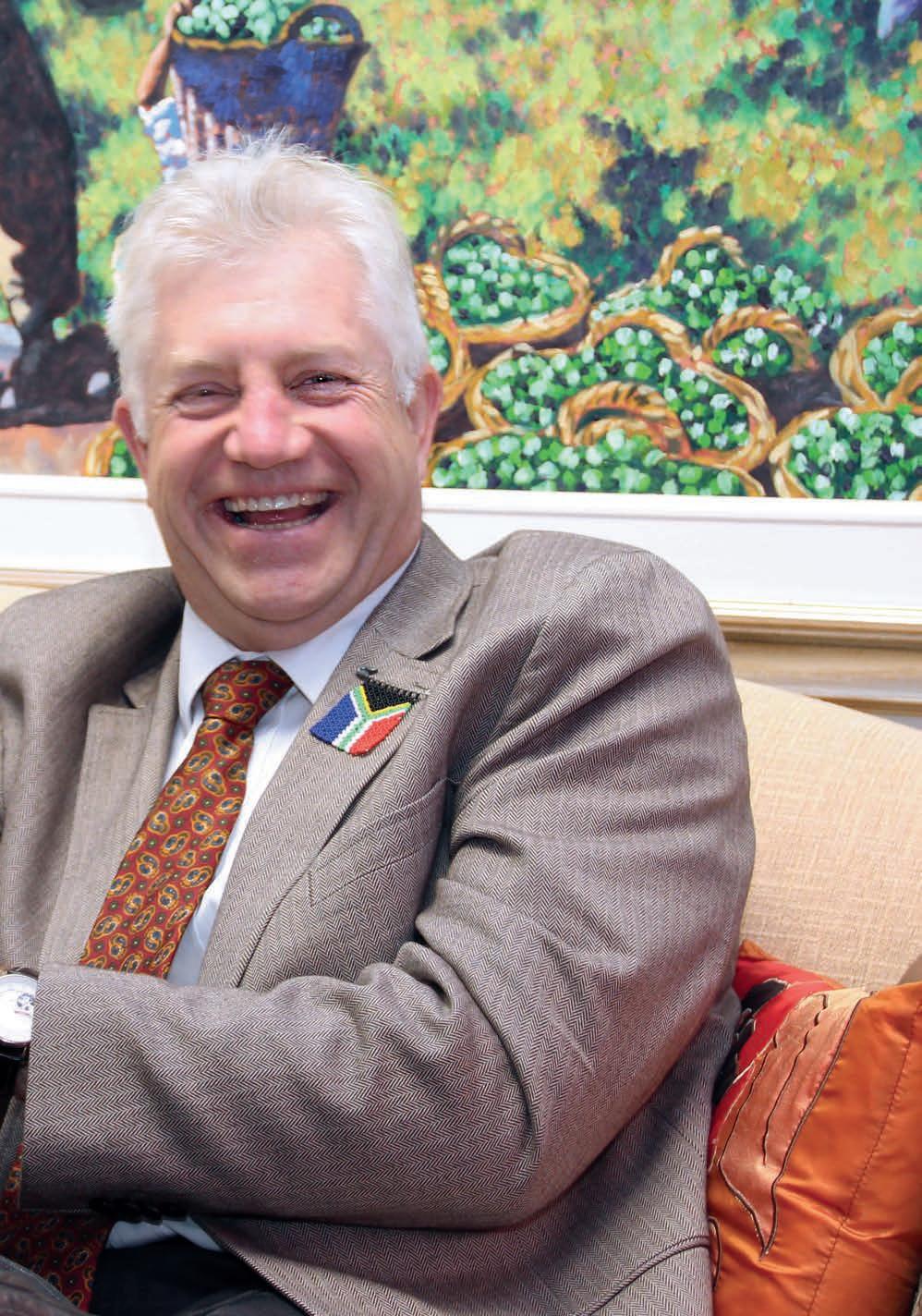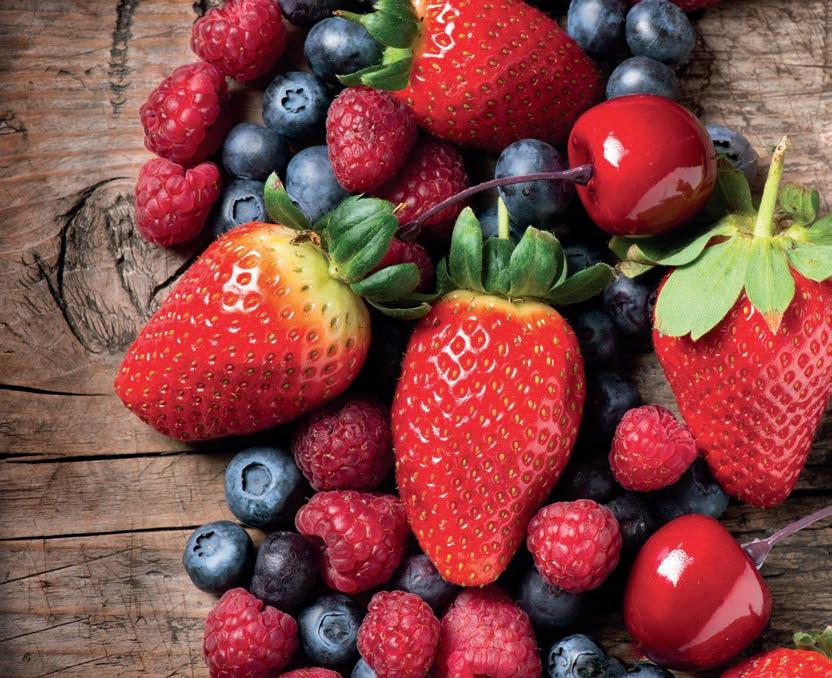
2 minute read
Review of 2018
by WCDOA pubs
by Minister Alan Winde
“
Advertisement
Of course, this sector wouldn’t be where it is today without the more than 300 000 men and women who work in agriculture in our province.”

The year 2018 will go down in the history books as one of the most challenging in the Western Cape’s agricultural sector – confronted with drought, tough economic conditions across the country and avian influenza. But despite this, in true embodiment of the Western Cape’s motto “Better together”, government, the public, the private sector and NGOs banded together to build partnerships that yielded real results and some excellent highlights.
The drought forced everyone in the province to think about how they use water and to invest in their resilience. We are pleased to see agriculture doing the same, investing in water-saving and harvesting technologies, and conservation agricultural practices.
This, in turn, helped us to continue on the path towards meeting our Project Khulisa goals, to grow the agri-processing sector and create more jobs. While the year’s challenges took their toll, we are happy to report that the job statistics for the second quarter of 2018 showed that we have gained an additional 2 000 jobs in agriculture in the past year.
These statistics do not take into account jobs created in the agri-processing value chain.
While this year’s wine harvest was smaller than last year’s, the fruit produced was of excellent quality and we look forward to the wines that it will produce. Our efforts at increasing wine exports to Angola and China have also paid off.
Over the past year, several of our farmers and producers have headed overseas to market their products. In October we hosted the inaugural Africa Halal Week, presenting halal food and lifestyle to international buyers and investors from around the world.
The department was also able to conduct and produce research reports that will help us shape agriculture going forward. The report on the Fourth Industrial Revolution in agriculture has mapped out a pathway for us to follow as we embrace the next technological revolution. The honey bee strategy will shape our efforts at ensuring food security through the protection of these important agricultural insects. Our research into conservation agriculture continues at our research farms, providing us with a wealth of information as we mitigate the drought. Our alternative-crops research fund continues to look at highvalue, labour-intensive export crops like cherries and berries, and in the past year, we have seen exports of these crops expand and grow in really exciting ways.

The annual BFAP report provided us with food for thought on the importance of policy certainty on land reform issues. A study conducted to determine the role of the Philippi Horticultural Area has shaped our response going forward. We believe that this important agricultural land and resource must be protected in order to ensure job and food security.
Of course, this sector wouldn’t be where it is today without the more than 300 000 men and women who work in agriculture in our province. Each year when we run the Female Entrepreneur Awards and the Prestige Agri-Worker Awards, we are overwhelmed by the hard work, passion and innovation of our agri-workers, farmers and entrepreneurs. We congratulate this year’s winners for their sterling work and thank the province’s agri-workers and entrepreneurs for their dedication.
By the time you read this, I will have been succeeded by a new minister in the Ministry of Economic Opportunities as I explore the new challenges of the Community Safety portfolio. I wish Minister Beverley Schäfer well in her new role. I would also like to thank the agricultural sector and the Department of Agriculture – the staff and HOD Joyene Isaacs – for their support, engagement and inputs during my tenure as Minister of Economic Opportunities. AP










